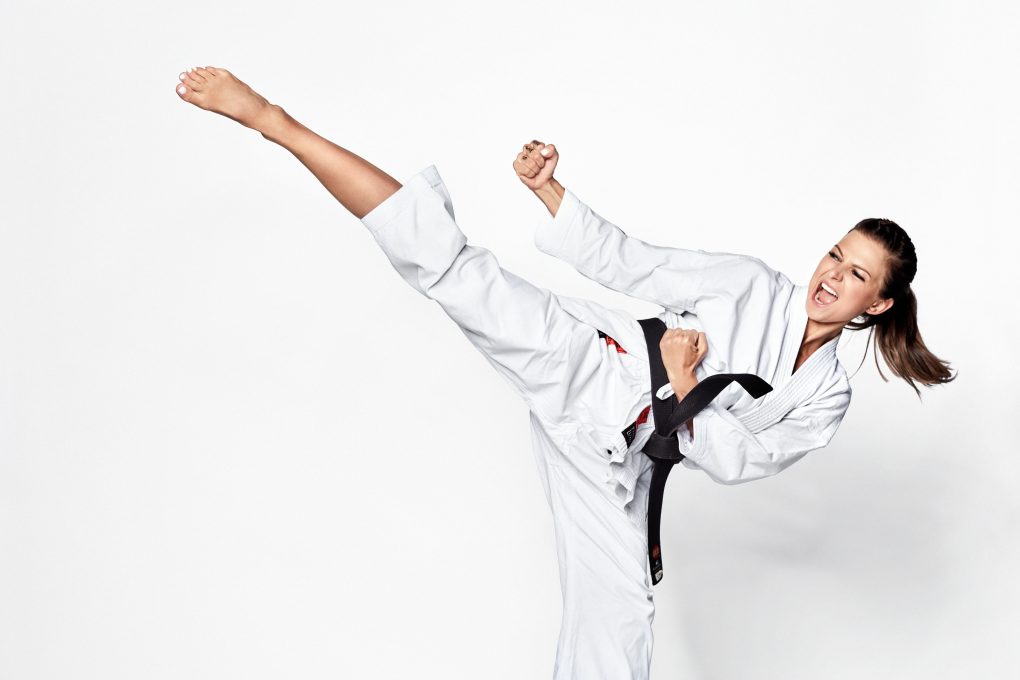Internet personality and wife of English professional soccer player Wayne Rooney, Coleen Rooney, rocked Twitter on Oct. 9 with her claim that Rebekah Vardy, a competitor on I’m a Celebrity… Get Me Out of Here! and wife of Jamie Vardy, had been leaking personal details of Rooney’s life to British tabloid paper The Sun. The Guardian almost immediately released multiple articles covering the scandal and breaking down Rooney’s scheme to catch Vardy in the act. The whole affair raised the question of why this was getting so much media attention from both tabloid and news outlets.
Rooney and Vardy are both married to professional English soccer players. While Rooney and Vardy have large social media followings and have appeared on reality television shows, there are plenty of female partners of male professional athletes that deliberately avoid the public eye. Regardless of their online or public personas, many of these women are continually reported on by tabloid news, gossip sites, and even fan accounts on Instagram and Twitter, simply because they are married to or dating famous athletes. The obsession with male athletes’ wives and girlfriends has even led to a colloquial acronym: WAGs, short for “wives and girlfriends.” Rooney was even referred to as “Wagatha Christie” on Twitter–a title that essentially reduces her to being the wife of Wayne Rooney.
In October 2018, The Daily Star published a story about an Instagram post from Anna Lewandowska, a Polish national karate champion who happens to be married to Robert Lewandowski of FC Bayern Munich and the Polish national soccer team. The story covered a series of negative comments left on the post, most of which seem to blame her for her husband’s team losing a game shortly after the photo went up. Covering the online hate that women receive seems harmless at first glance, but continuing down the single-sentence paragraphs that make up all good tabloid journalism, it emerges that The Daily Star’s defence of Lewandowska is that she is “devoted” to her husband. The implication is that had she not fit the publication’s definition of “devotion,” she would deserve the hate that she received from FC Bayern’s fans. Rather than being worthy of respect because she is a human being, she is deemed worthy of respect because of her husband and her devotion to him. The article also refers to Lewandowska as a “fitness blogger”–a term that is reductive at best. Lewandowska is a retired Polish, European, and world karate championship medalist who now runs a hugely successful fitness empire in Poland with a line of healthy foods and nutrition supplements, baby clothes, and fitness programs. Her assets are estimated to be worth 47 million euros.
There are endless examples of athletes’ wives being described as everything from “blonde beauty” to “brunette entrepreneur,” but two central themes emerge throughout all of the articles and social media posts: Their appearances and their role in their husband’s lives. Both of these trends in describing the wives and girlfriends of famous athletes dehumanize them, dismissing the possibility that they have any independence as human beings and any worth outside of their physical appearance and their husbands or boyfriends.
The recent coverage of the conflict between Rooney and Vardy, while hugely sensationalized, was rare in that it focused the story on the actions of the women involved, not on their husbands or their hair colour. But plenty of players’ partners who have worked to build their own brands and careers are still consistently painted as having no autonomy. Unfortunately, conflict and scandal seem to be the only ways for these women to be seen as people capable of being their own person.









